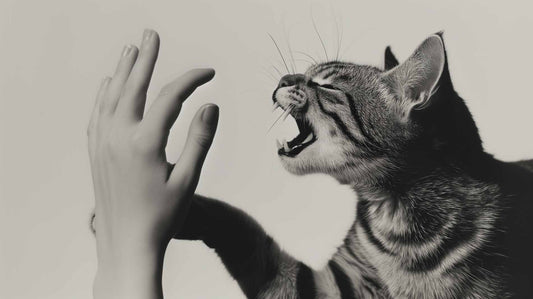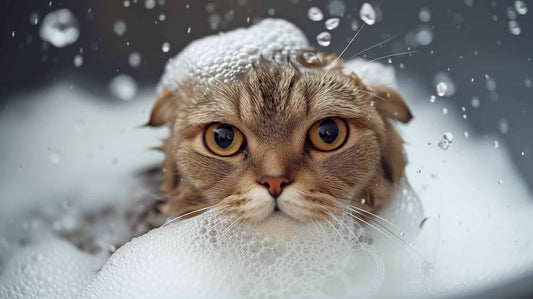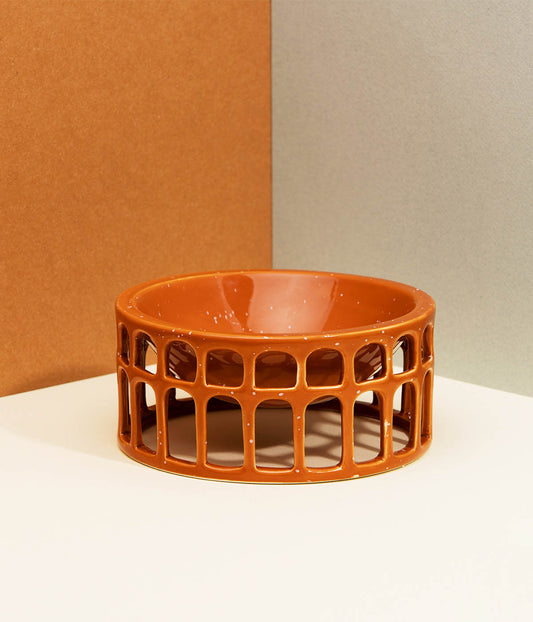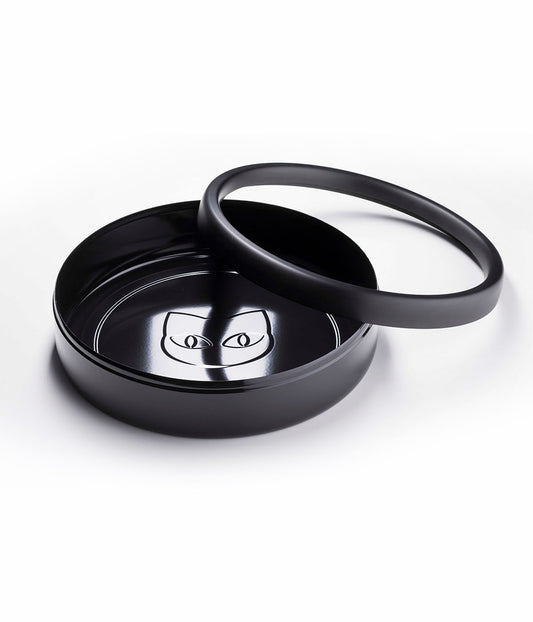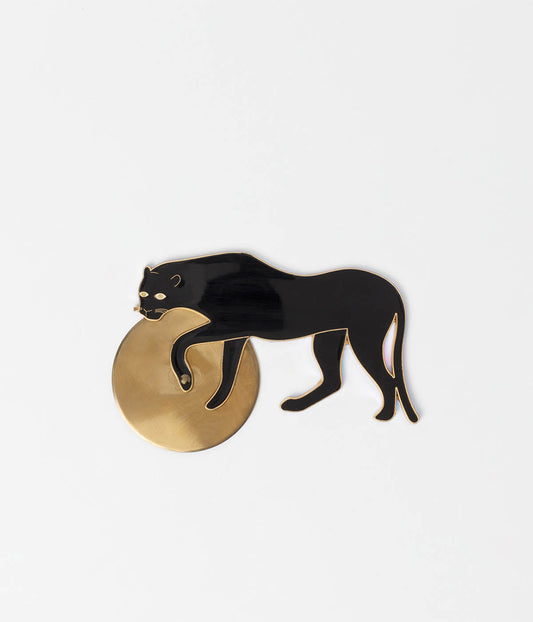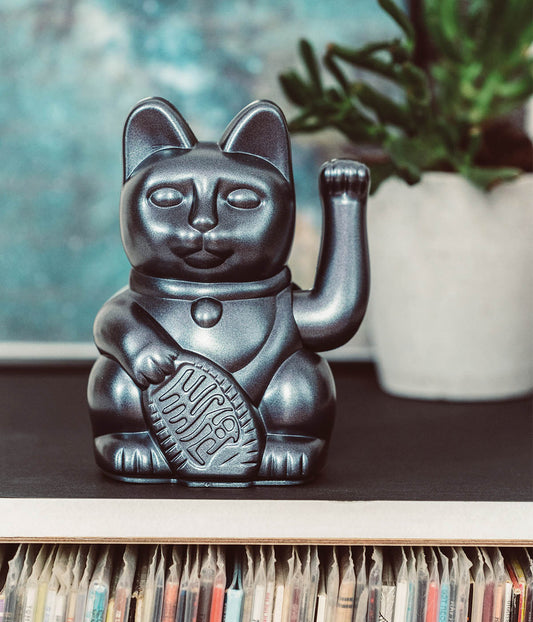
The Top Prevention Strategies for Cat Dental Issues
Marie DuchessCats are known for their independent nature and self-sufficiency. However, when it comes to their dental health, they need a little help from their owners. Dental issues in cats can lead to pain, discomfort, and even more serious health problems. To ensure your feline friend maintains good oral hygiene, here are the top prevention strategies for cat dental issues.
1. Regular Brushing
Unlike humans, healthy cats don’t need regular brushing to keep their teeth clean. Especially if you feed a high quality wet feed with whole pieces of meat to chew on. But if your cat has some health issues it might need some help with removing plaque and tartar buildup. Use a soft-bristled toothbrush and cat-friendly toothpaste to gently brush your cat's teeth. Start slowly and gradually increase the duration of the brushing sessions. Aim for at least two to three times a week.
2. Dental Treats and Toys
Invest in dental treats and toys specifically designed to promote oral health in cats. These treats and toys are usually textured or have ridges that help remove plaque and tartar from the teeth. Additionally, chewing on these treats and toys can help strengthen the jaw muscles and reduce the risk of dental issues.
3. Balanced Diet
A balanced diet plays a crucial role in maintaining your cat's overall health, including their dental health. Ensure your cat's diet consists of high-quality, nutritionally balanced cat food. Avoid feeding them excessive amounts of soft or sticky foods, as these can contribute to dental problems. Do not feed your cat dry feed. Consult with your veterinarian to determine the best diet for your cat's specific needs.
4. Regular Veterinary Check-ups
Regular veterinary check-ups are essential for monitoring your cat's dental health. During these visits, the veterinarian will examine your cat's teeth and gums, looking for signs of dental issues such as gum inflammation, tooth decay, or oral infections. Early detection is key to preventing further complications.
5. Water Additives
Consider adding water additives to your cat's drinking water. These additives are formulated to help reduce plaque and tartar buildup, freshen breath, and promote overall oral health. However, it's important to consult with your veterinarian before introducing any new products into your cat's routine.
6. Professional Dental Cleanings
Despite your best efforts, professional dental cleanings may still be necessary for your cat. These cleanings are performed under anesthesia by a veterinarian and involve a thorough examination, scaling, and polishing of the teeth. Your veterinarian will recommend the frequency of these cleanings based on your cat's individual needs.
7. Monitor Behavior and Symptoms
Pay attention to any changes in your cat's behavior or symptoms that may indicate dental issues. These can include bad breath, difficulty eating, drooling, pawing at the mouth, or a sudden change in appetite. If you notice any of these signs, consult with your veterinarian promptly.
By implementing these top prevention strategies for cat dental issues, you can help ensure your furry friend maintains a healthy and happy smile. Remember, prevention is always better than cure when it comes to your cat's dental health.


